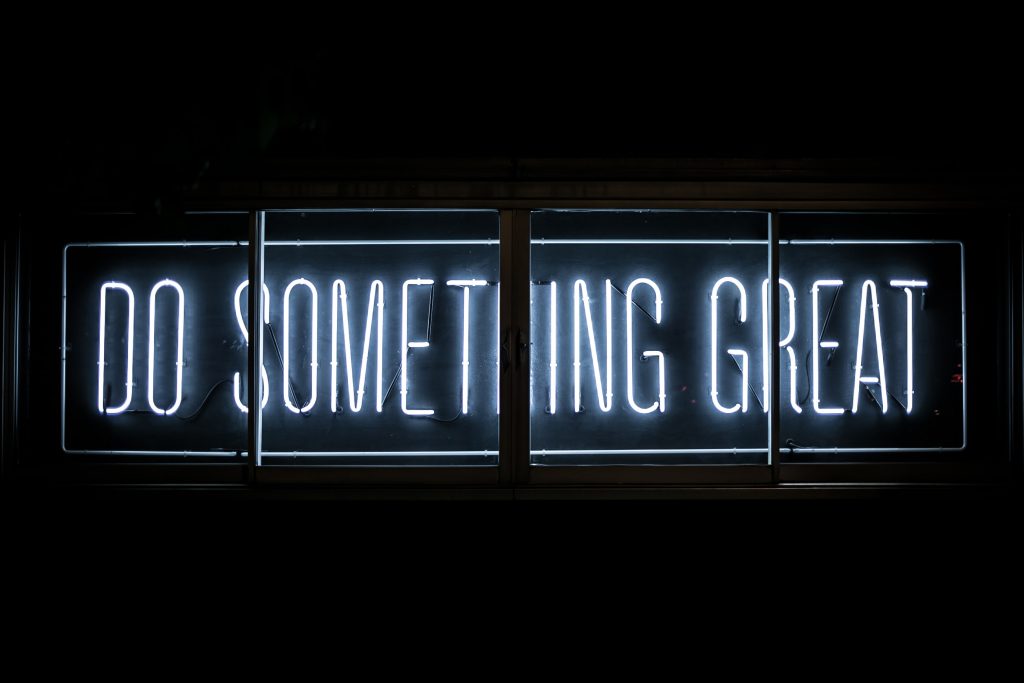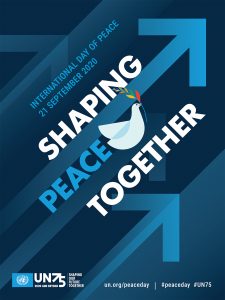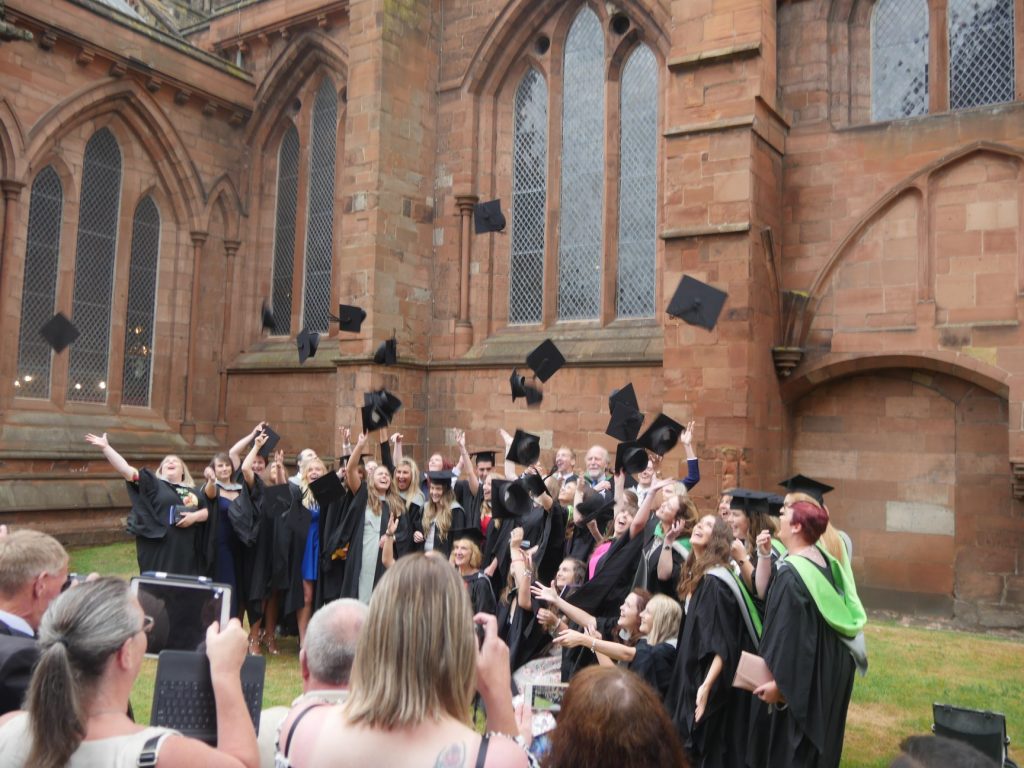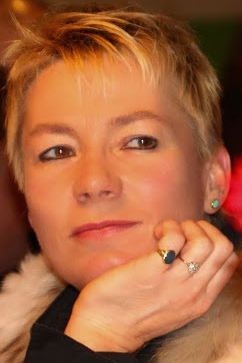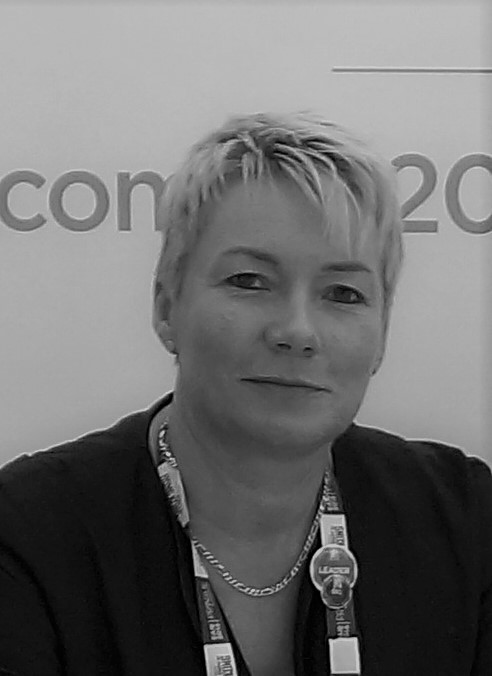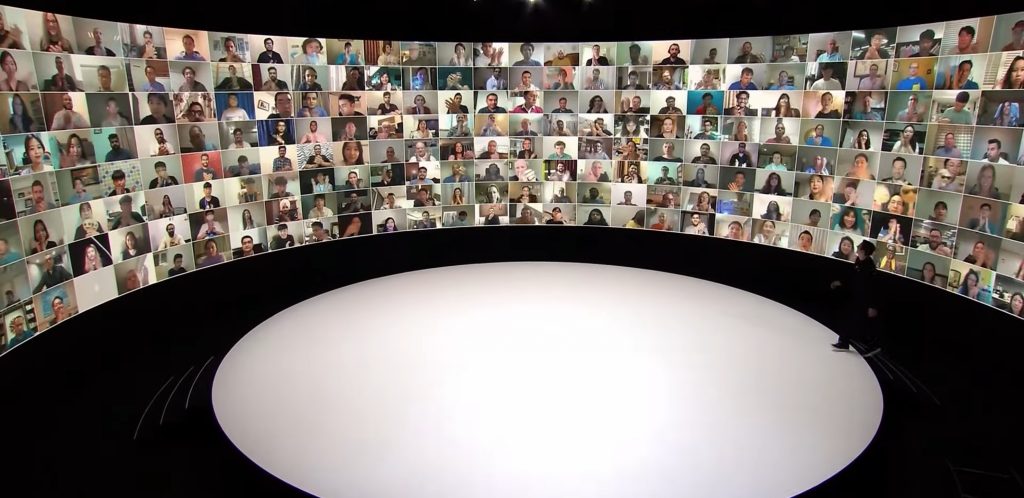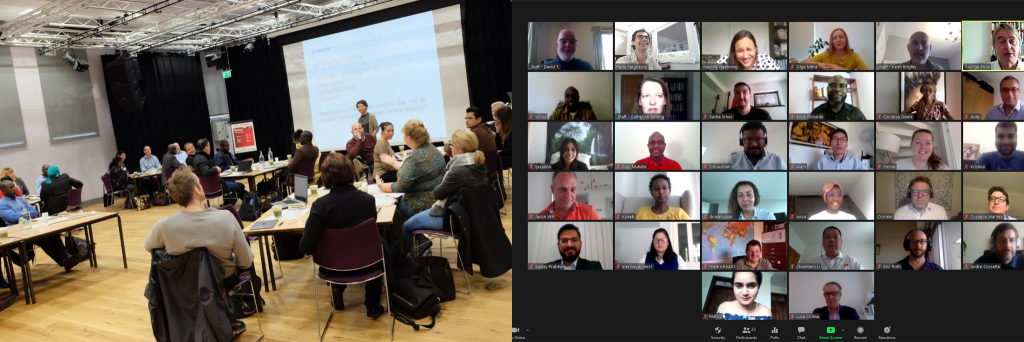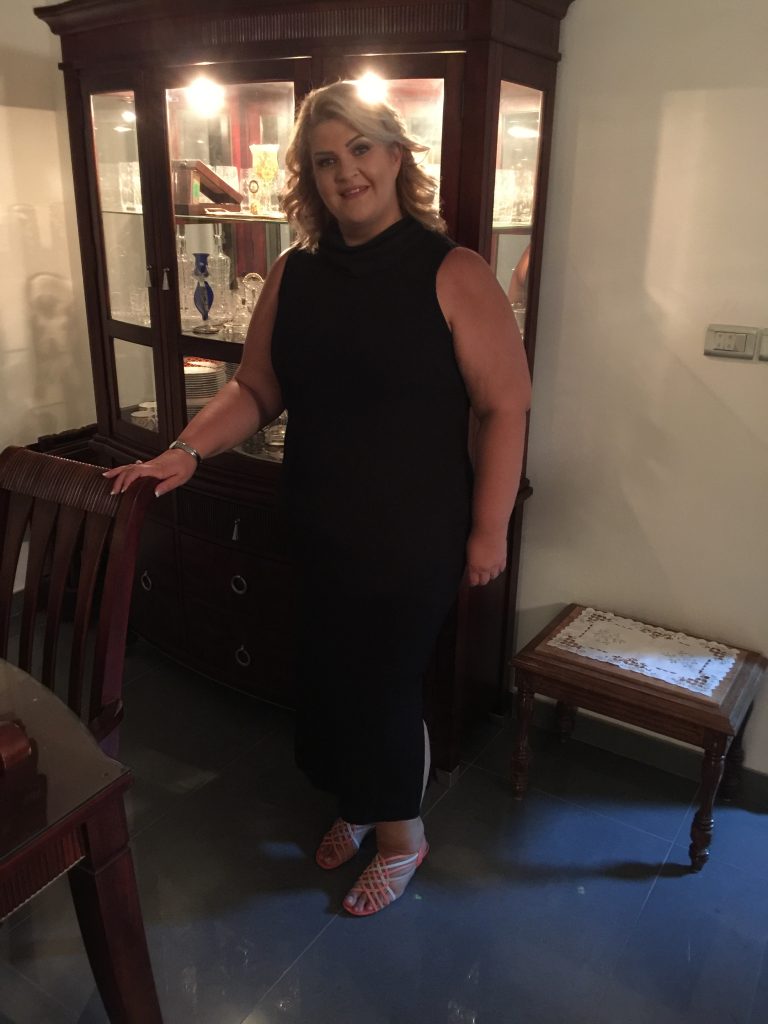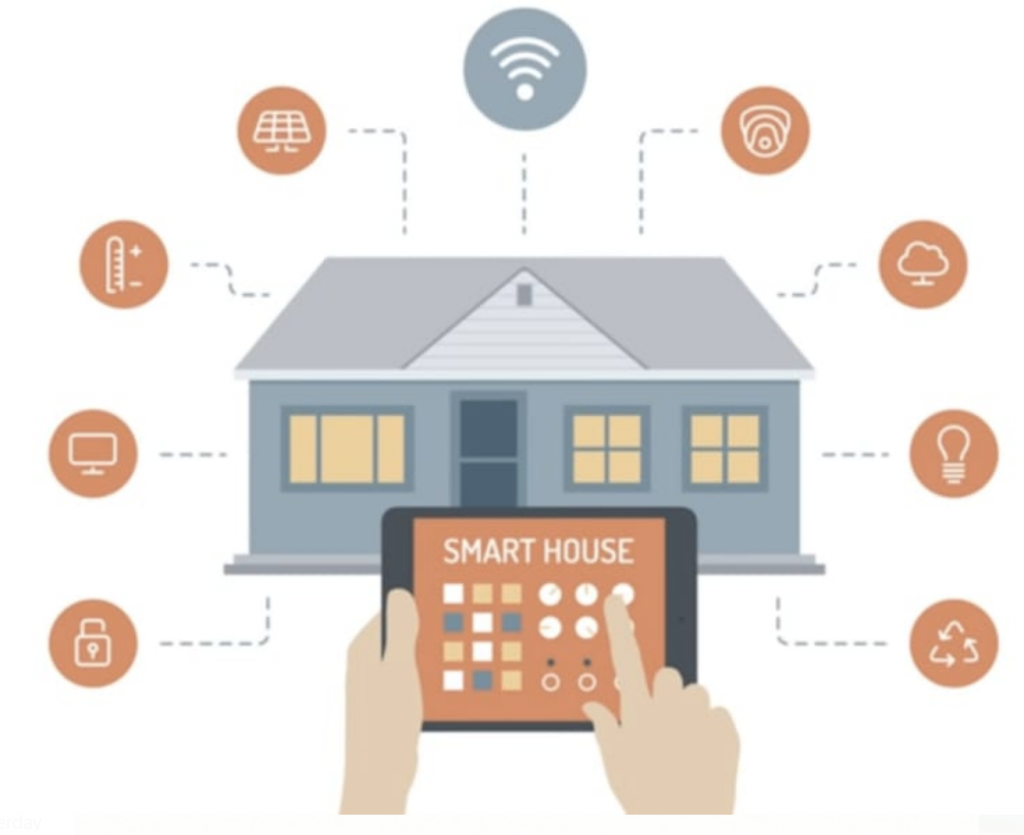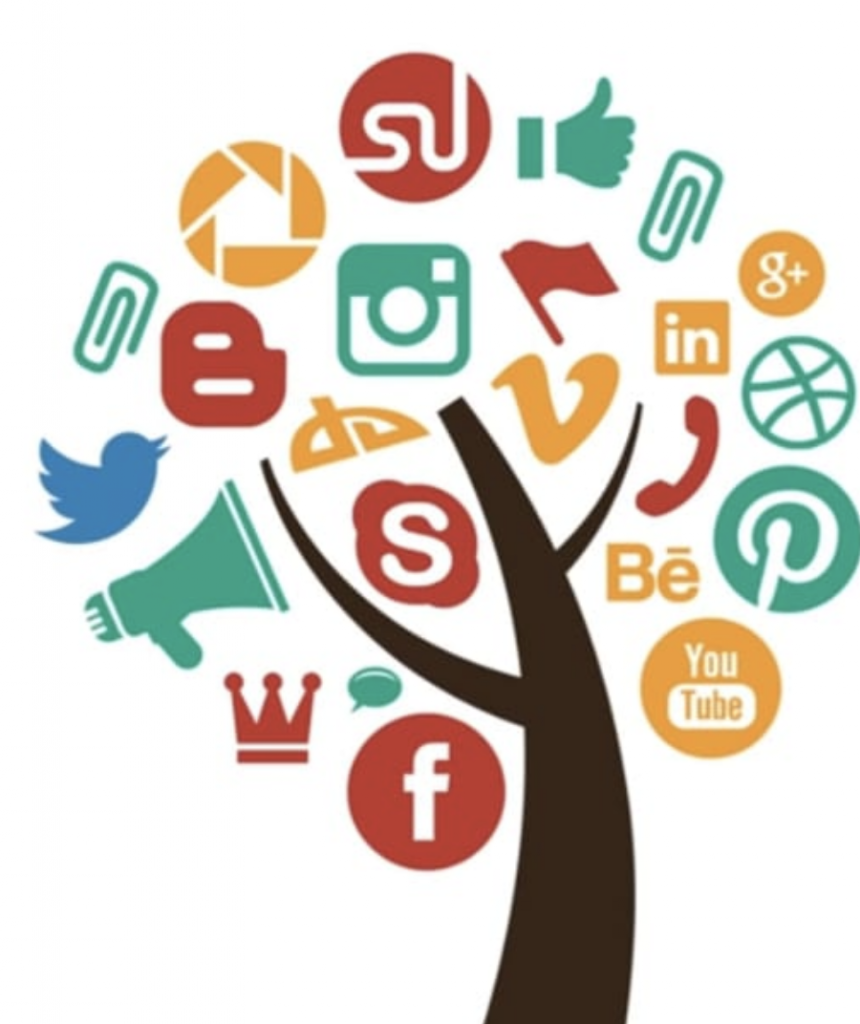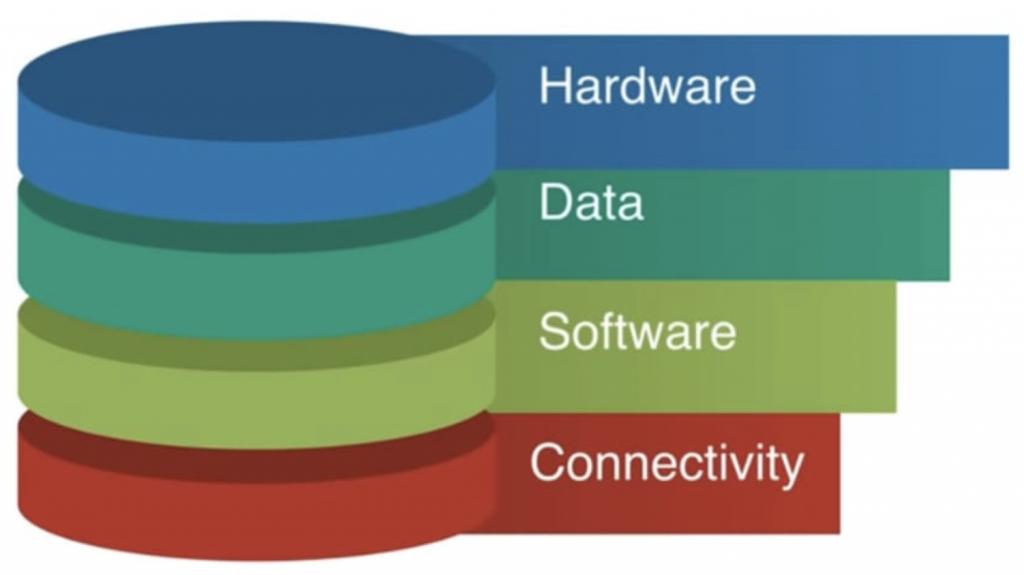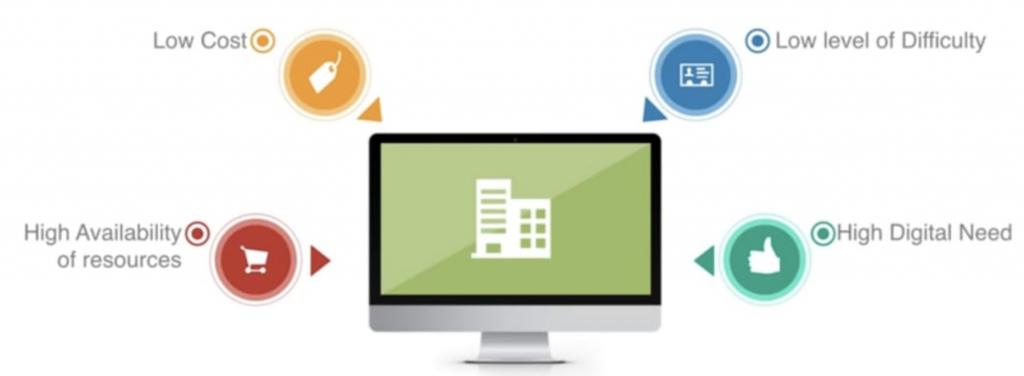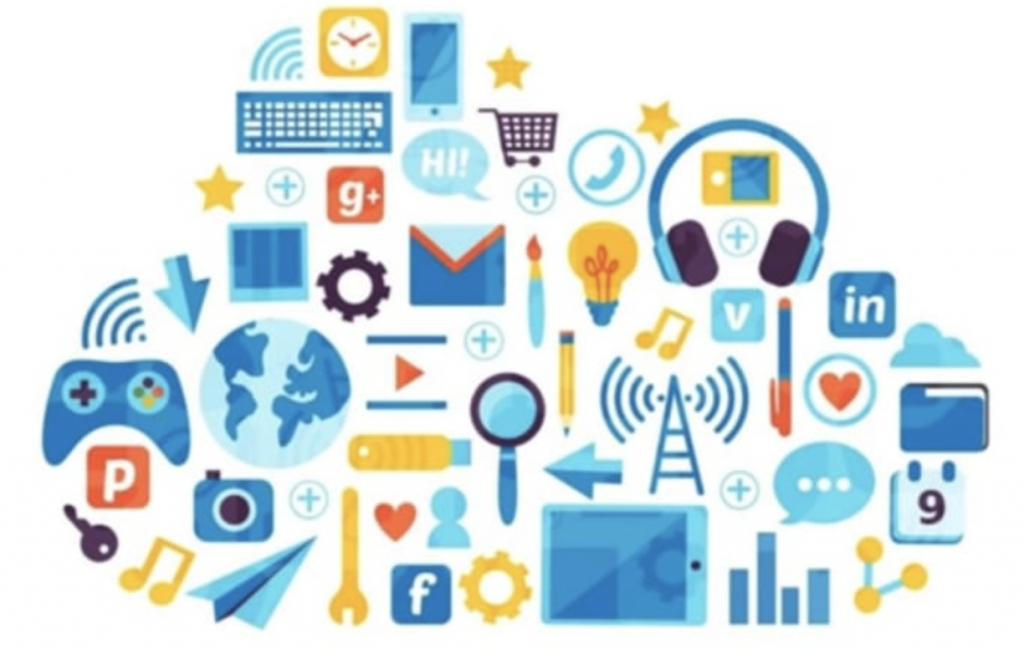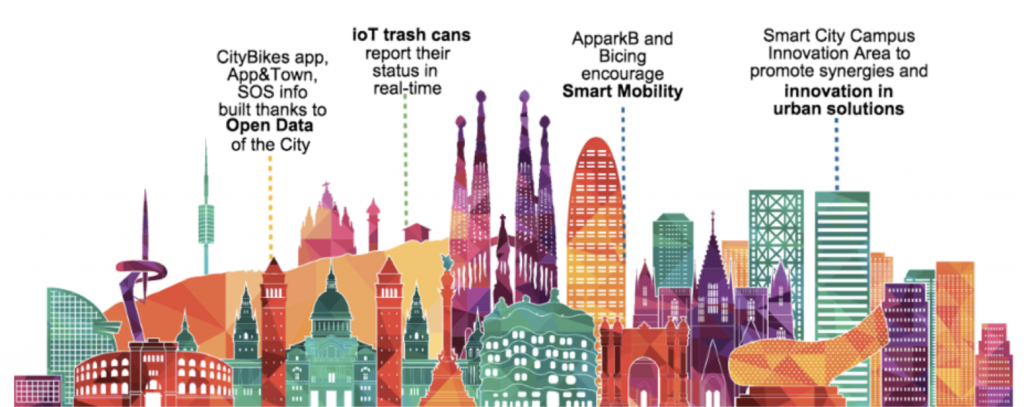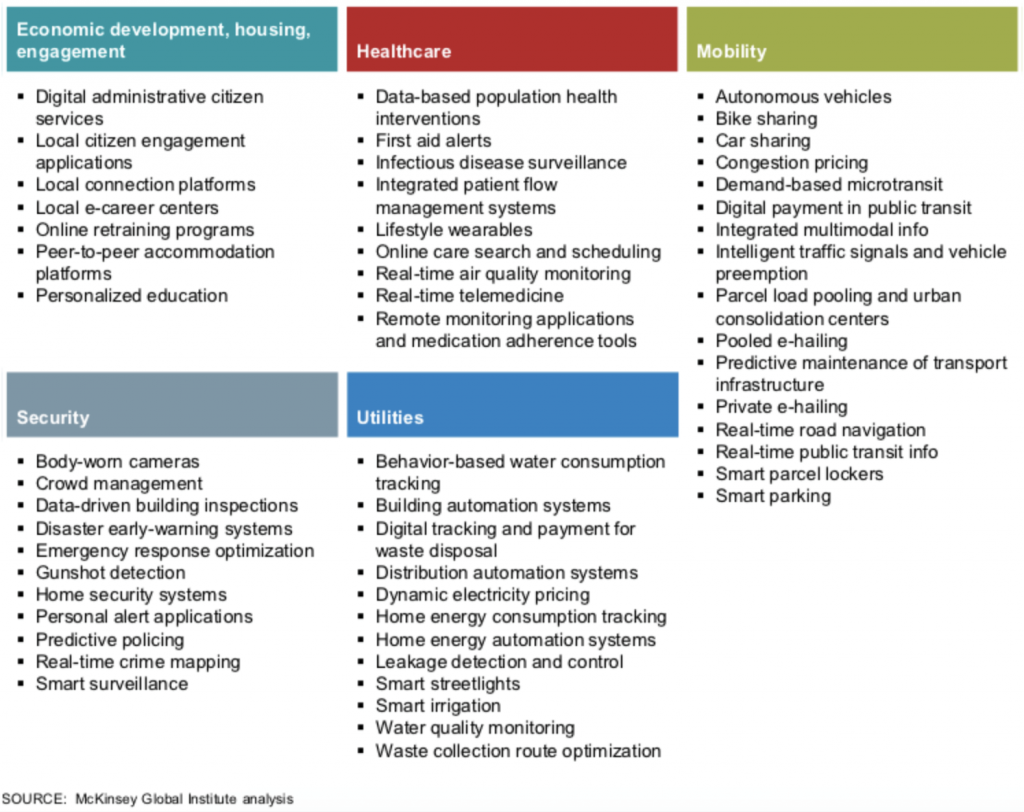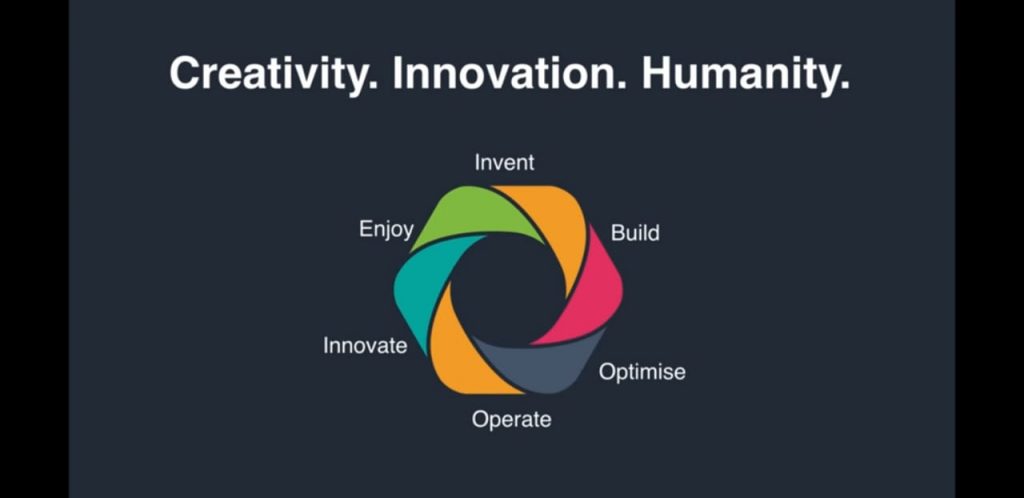Once upon a time (about twelve or thirteen years ago), I decided to try my hand at starting a manufacturing business. Why? I was in my 20’s, with an MBA and a few years of work experience under my belt, and I had a dream – to leave my mark on this world, to become the next Henry Ford or Steve Jobs, and I figured, if things go to hell, I was young enough to risk it and still have time to bounce back!
There is of course a lot more to this story and my thought process that lead to my decision, but this is not the point of this post. The point is, when you do decide to start a business there is this steep learning curve, and as the business is your own, there are a lot of factors that must be considered while making decisions.

Like me, if you came from the corporate world, still early in your career with limited managerial experience, you probably just had to look after a very specific task – sales, marketing, a small part of finance, etc. But when you are the head of your own business (no matter how small), you need to be involved in everything! Business Plan, Finance, Revenue, Marketing, Sales…
Strategic Management
When you have so much on your plate there is a risk of your dropping the plate and causing it to break into many tiny pieces (the “plate” here is your business :D).
Understanding how business works, the points to consider before making a decision, and knowing and correctly identifying the different sources of information on which to base your decisions is paramount for the success of your business. This is where strategic management takes on a whole new importance in your thought process. It does not matter how big or small your business/company is, start thinking strategically!!

Three principles underlying strategy: (1) Creating a “unique and valuable” [market] position (2) Making trade-offs by choosing “what not to do”, and (3) Creating “fit” by aligning company activities to one another to support the chosen strategy
Prof. Michael E. Porter, Ph.D., Harvard Business School
The simplest definition of strategic management is “the formulation and implementation of the major goals and initiatives taken by an organisation’s top managers on behalf of owners, based on consideration of resources and an assessment of the internal and external environments in which the organisation operates.” Strategic management provides overall direction to a business and involves specifying the organisation’s objectives, developing policies and plans to achieve those objectives, and then allocating resources to implement the plans (source: Strategic Management for Voluntary Nonprofit Organizations, Roger Courtney).
A system of finding, formulating, and developing a doctrine that will ensure longterm success if followed faithfully.
Dr. Vladimir Kvint, Chair of the Department of Financial Strategy at the Moscow School of Economics of the Lomonosov Moscow State University
So, how do you go about making your life (business really) easier by implementing strategic management?
First, identify your goals – let’s say your goal is to increase annual sales, but what does that actually mean? It is just too vague. Quantify and be specific. As an example, our goal is to sell 100 ballpoint pens and 200 ink pens by the end of the next financial year.
Now, how do you go about achieving this goal?
- Start by identifying what goods you are going to be manufacturing (in our example they are pens), then the market to which you will be selling these manufactured goods.
- Next, organise the resources you will need to achieve your goals, like putting in place purchasing and supply chain management to ensure a timely supply of raw materials, people and equipment to carry out the manufacturing process, marketing and sales team to bring in clients, and employing or contracting an adequate support staff (if you are unable to do it yourself) to carry out other support functions.
- There are also a number of external forces that can have an impact on your business strategy. One of the tools most used in understanding these forces and helping in developing a strategy is Michael E. Porter’s Five Forces Framework which is a business analysis model that helps explain why various industries are able to sustain different levels of profitability. The Five Forces model is widely used to analyse and determine the corporate strategy of a company.
Porter’s five forces are:
- Competition in the industry
- Potential of new entrants into the industry
- Power of suppliers
- Power of customers
- Threat of substitute products
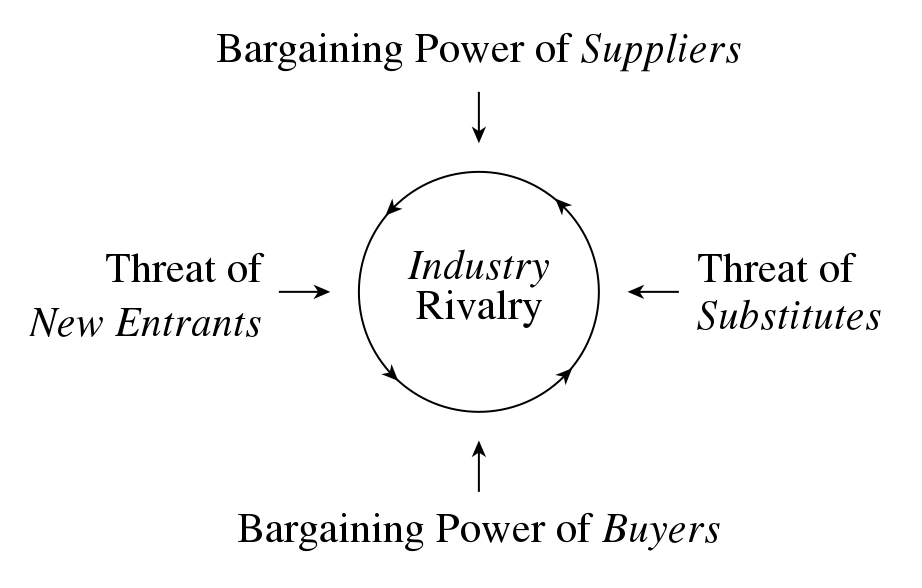
Understanding the principles behind strategic management might take time, but when it comes right down to it, you will find that it is basically logic. The challenge is in getting the right data from the right sources on which you can base your decisions, and of course the methodology you use to analyse the data to arrive at your decisions. A wrong strategic decision may end up costing you dearly.
This is why strategy and strategic management is an important module in a number of our online master’s degree programmes.
You can also chat LIVE on WhatsApp with one of our Education Advisors for more information on the programmes we offer, the application process, and for information on discounts we might be offering at this time.

